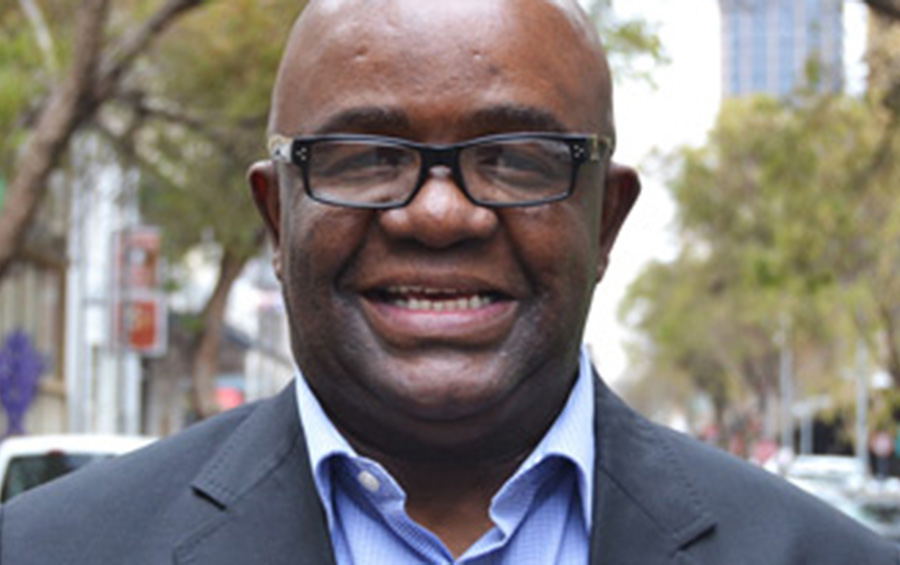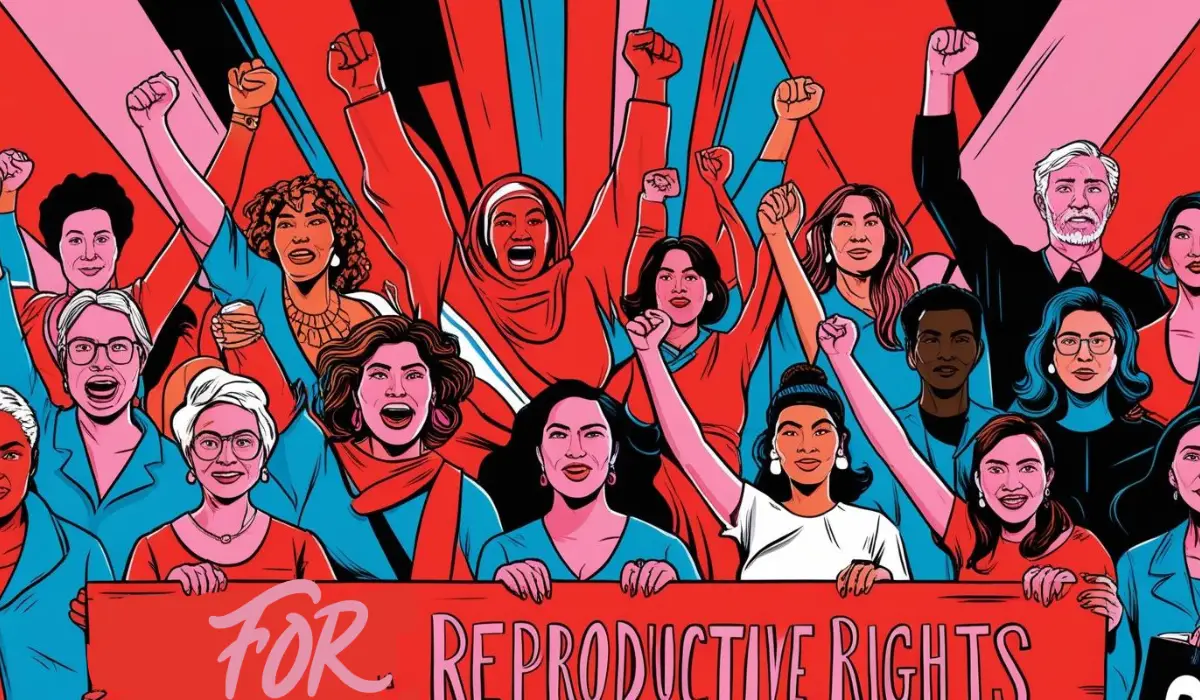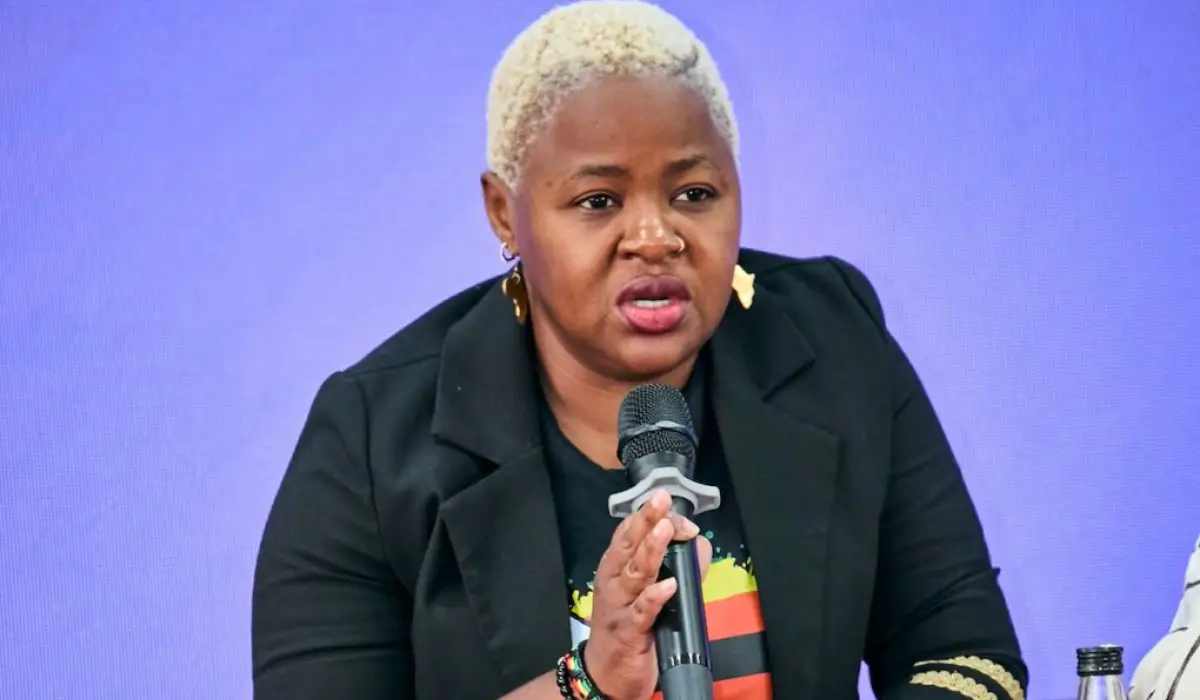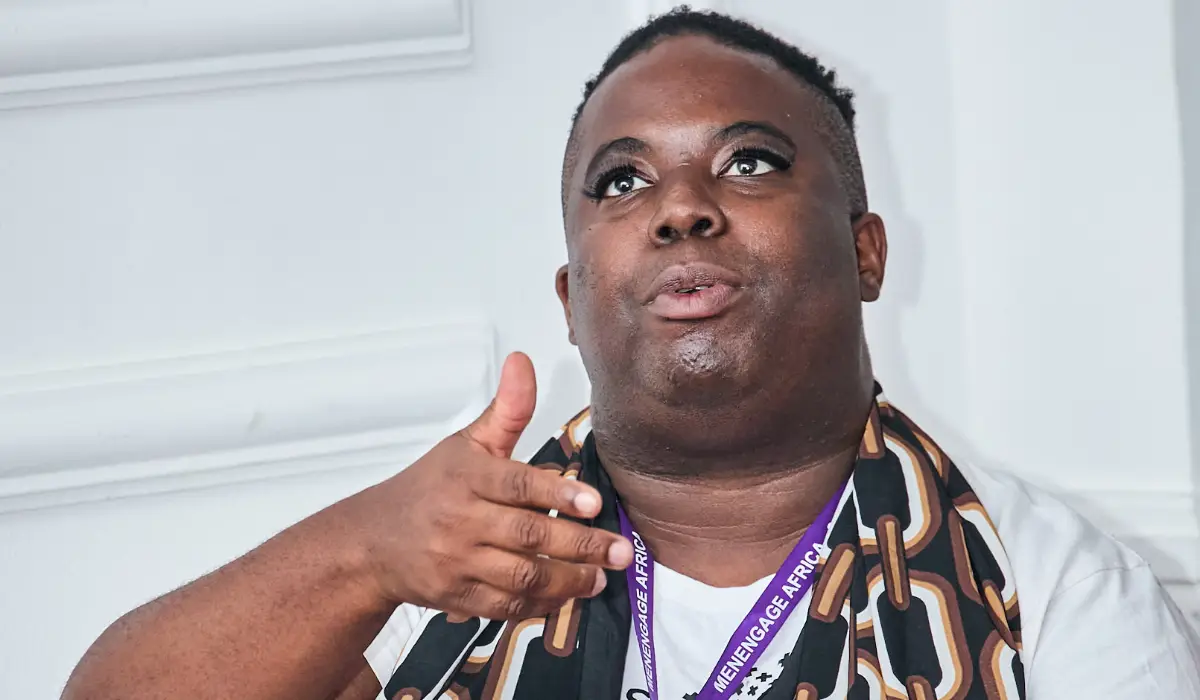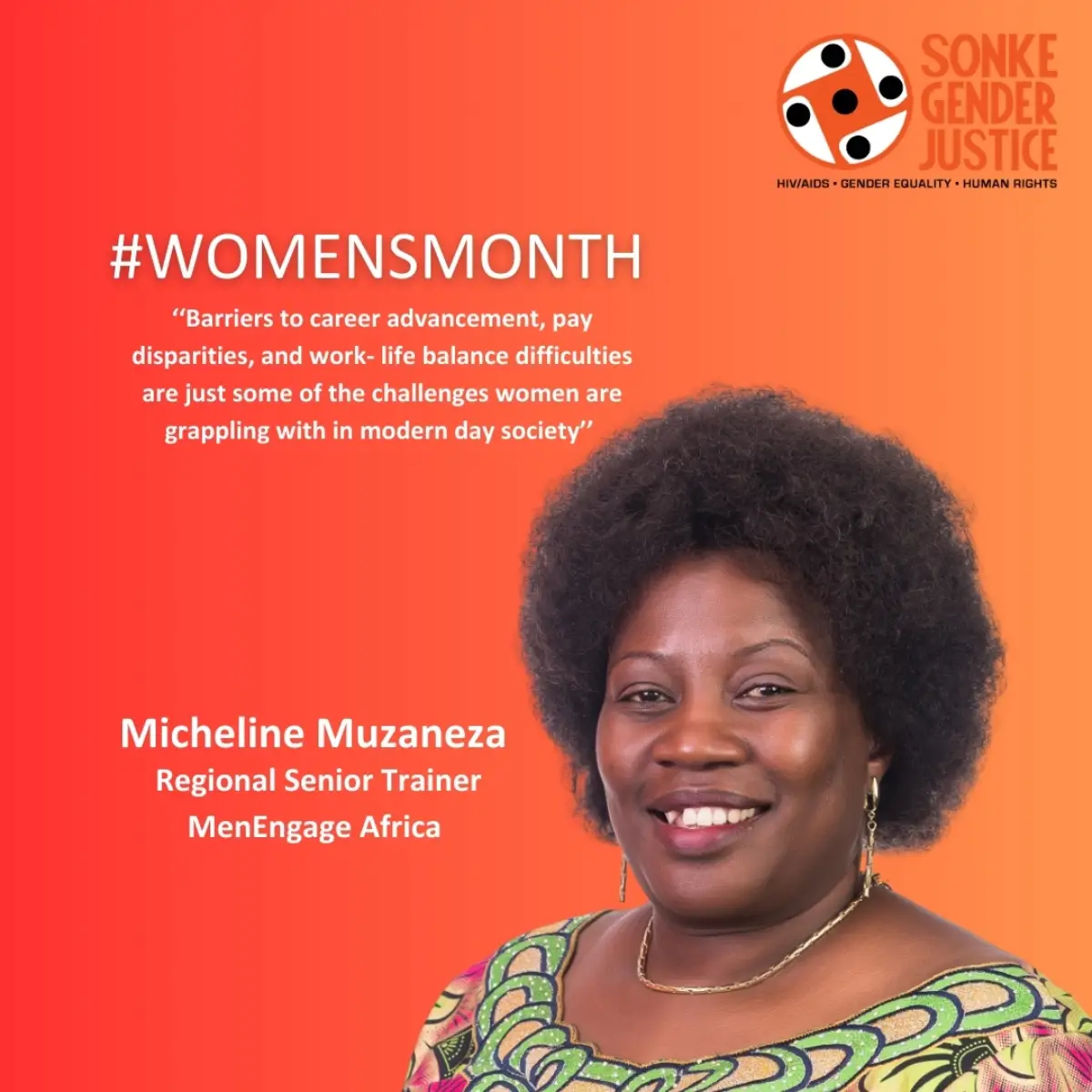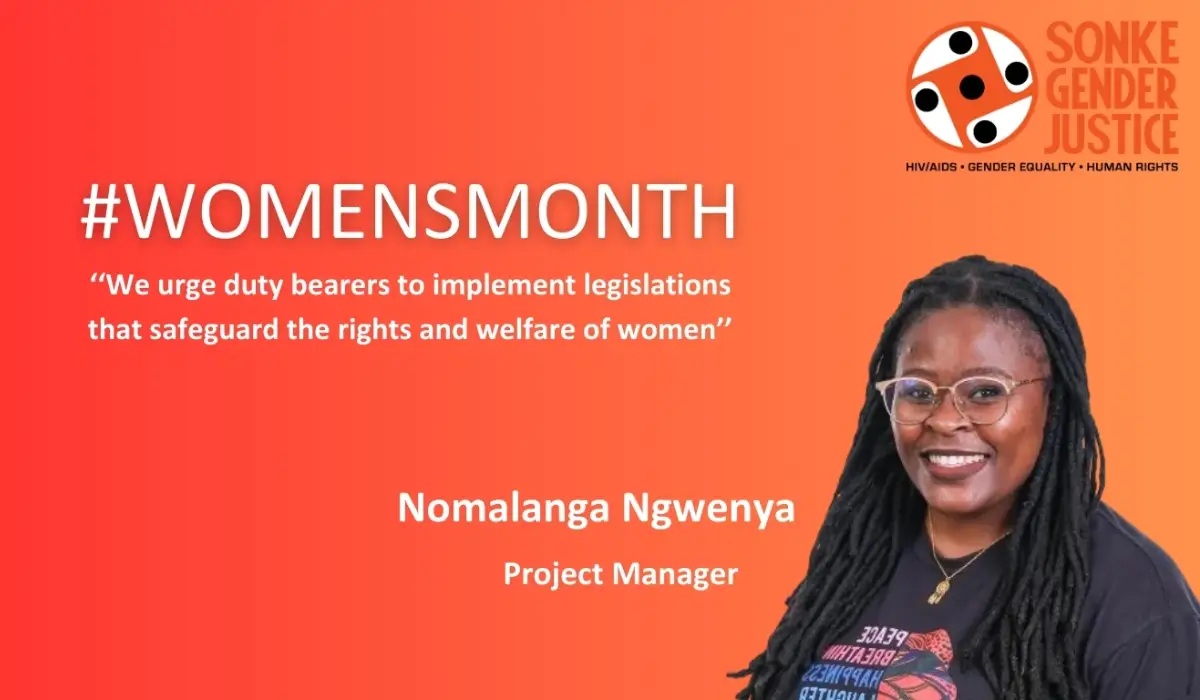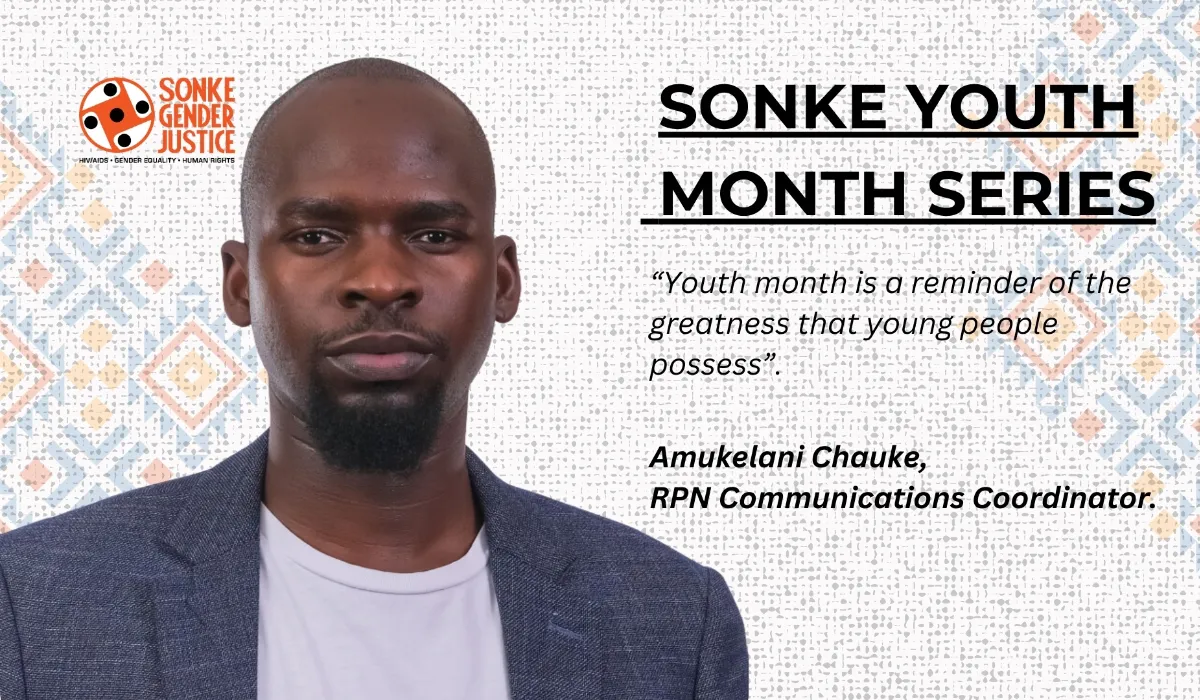The proliferation of the so-called Pentecostal churches in predominantly black, poor and illiterate communities is troubling.
What is more troubling is that these churches appear to peddle messages calculated to convey a false sense of hope among vulnerable communities across South Africa.
It is notable that these churches appear to target areas predominantly populated by the unsophisticated and ignorant members of our society.
It is hard to resist the conclusion that targeting such communities is a deliberate strategy to ensure that the churches’ unethical and morally indefensible practices go unquestioned and that no one holds them to account.
Perhaps these communities are being targeted in the full knowledge that no one in such communities would dare to challenge the church leaders about their questionable religious and financial practices for fear of “burning in hell”.
It is for this reason that the Commission for the Promotion and Protection of the Rights of Cultural, Religious and Linguistic Communities (CRL) should be commended for seeking to protect the rights and dignity of the vulnerable by holding church leaders to account.
All South Africans who believe that no one is above the law and the constitution should be behind the CRL Commission.
In a recent piece in this newspaper, Archbishop Stephen Zondo failed to display the moral leadership necessary to repudiate the reprehensible actions of those church leaders who had paraded members of their churches eating snakes and drinking petrol in public, all this supposedly in the name of God.
He should have spoken out and condemned his fellow church leaders over the reprehensible actions of turning their church ceremonies into ignoble spectacles in our communities.
Why did Zondo not condemn these activities?
Why has he been silent all along? Is it because he agrees with these activities and sees nothing wrong with them? Why has he decided to speak out only now that the CRL Commission is conducting public hearings into the religious and financial affairs of these churches? It is clear that his intervention was calculated to achieve nothing other than to undermine the integrity of the commission. The commission has taken this unprecedented action of holding these churches to account, and this should be supported by all South Africans who believe in the principle of accountability.
If Zondo and his colleagues believe in our constitution and the principle of accountability, then they should support the commission’s processes.
Zondo’s criticism of the hearings leaves many questions. Does he and the other church leaders believe they are above the law or untouchable? Do they think that when a Chapter 9 institution calls on them to appear before it, this is tantamount to an attack on God?
The commission is doing the right thing to conduct public hearings into the hidden world of the finances and religious practices of the Pentecostal churches. It is time that a light is shone on the activities of these churches that have turned the religious experiences of our communities into undignified and shameful assemblies calculated to create an unrealistic sense of hope among our people.
South Africans stand a better chance of building a strong democracy if the ethos of accountability can be extended beyond the world of politics, to the hitherto hidden world of the leaders of the mushrooming Pentecostal churches across the country.

